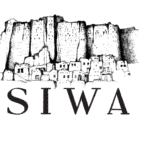ABOUT
EQI is a private investment and professional service delivery company established almost 50 years ago with the aim of promoting sustainable living in Egypt and the region. The strategy adopted was to engage in a coherent set of acupuncture ecosystem restoration actions in the domain of natural and cultural heritage preservation, which would become a source of inspiration for complementary actions ignited by other private and public institutions engaged in either or both of these domains. The decision to adopt this strategy stems from a belief on the part of its founder, Dr. Mounir Neamatalla, that the combined power of a private initiative — whether from a street vendor or a regionally-acclaimed corporation — and reinforced by partnerships with public institutions, provides good reason for hope of achieving change for the better.
The Siwa sustainable development
This landmark initiative was selected as a Best Practice by the United Nations Centre for Human Settlements (UNCHS) at the 2002 Johannesburg World Summit on Sustainable Development. The partnership drew on the local community’s traditional skills, knowledge, and creativity to provide an example of the sustainable development of an entire oasis. In addition to the Ministry of Tourism and Antiquities, the Governorate of Matrouh, the Siwa City Council, international organizations notably the IFC, the EU, and The British Council were engaged alongside EQI over a period of no less than twenty-five years, making this initiative a worthwhile example of the value of public/private partnerships.
RESTORATION WORKS
This initiative was implemented for the restoration of the Old Town of Siwa (Shali), and the sustainable development of its surrounding community in the oasis of Siwa. The entire intramural Antiquities zone was cleaned up and, stabilized, while the 8 metre high wall surrounding the town was fully restored. The kershef (rock salt naturally harvested mix of clay and salt) buildings in Eastern Shali were restored and used for cultural, hospitality, as well as commercial and recreational related services, bringing back life to the Siwa Old Town. Examples of these investments include the award-winning Adrère Amellal Nature Lodge, and two other town lodges, Kenooz Shali Lodge and Albabenshal Heritage Lodge, the Women’s Artisanship Initiative (Siwa Creations), and the production of agricultural goods (Siwa Ever Organic). Moreover, EQI also restored three 800-year-old kershef mosques in Siwa. The first kershef mosque, known as the Ateeq Mosque, was privately restored by EQI at the request of the local population. This mosque had been severely damaged during an earthquake. It was restored using traditional techniques and local materials by Siwi master-builders. The restoration of the Ateeq Mosque set the stage for EQI’s subsequent restorations of two other kershef mosques, El Moqqabil and Aghormi, which were also used to train a large portion of the Siwis in their traditional building techniques. These latter two mosques were restored in partnership with The British Council.
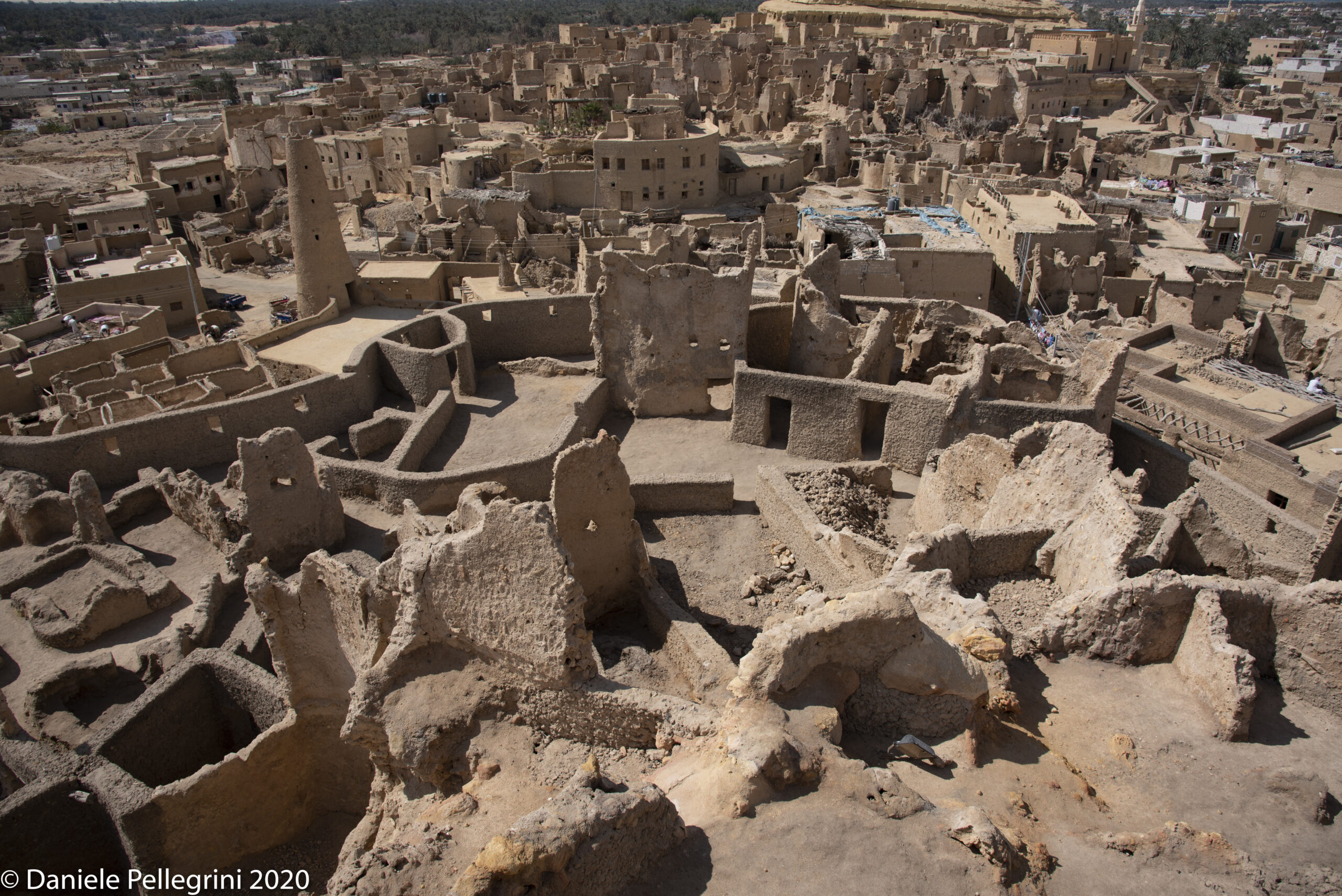
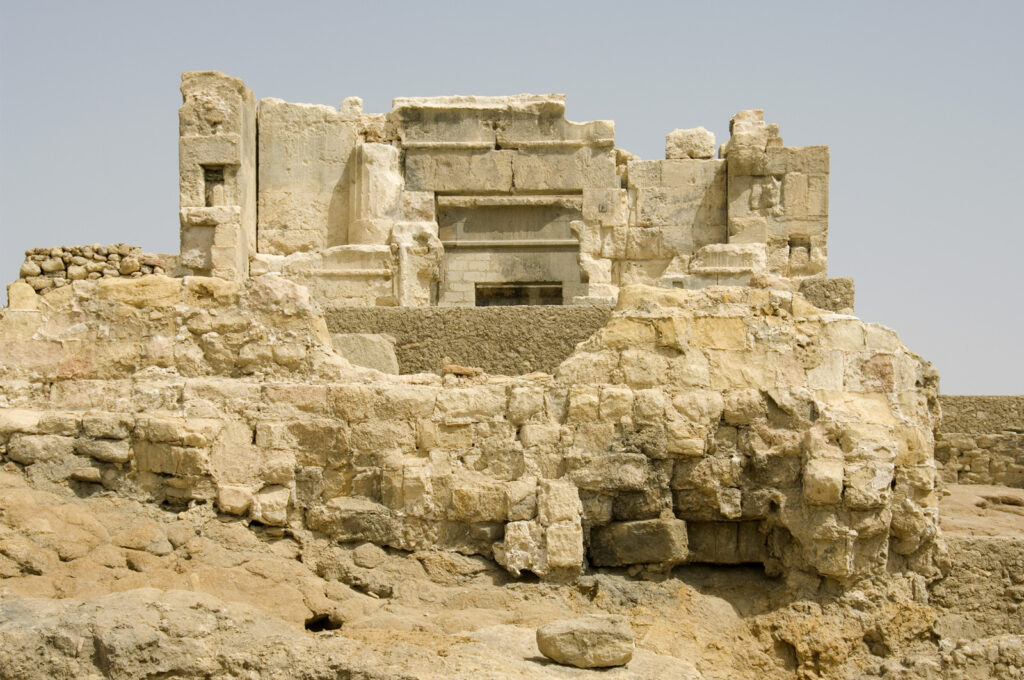
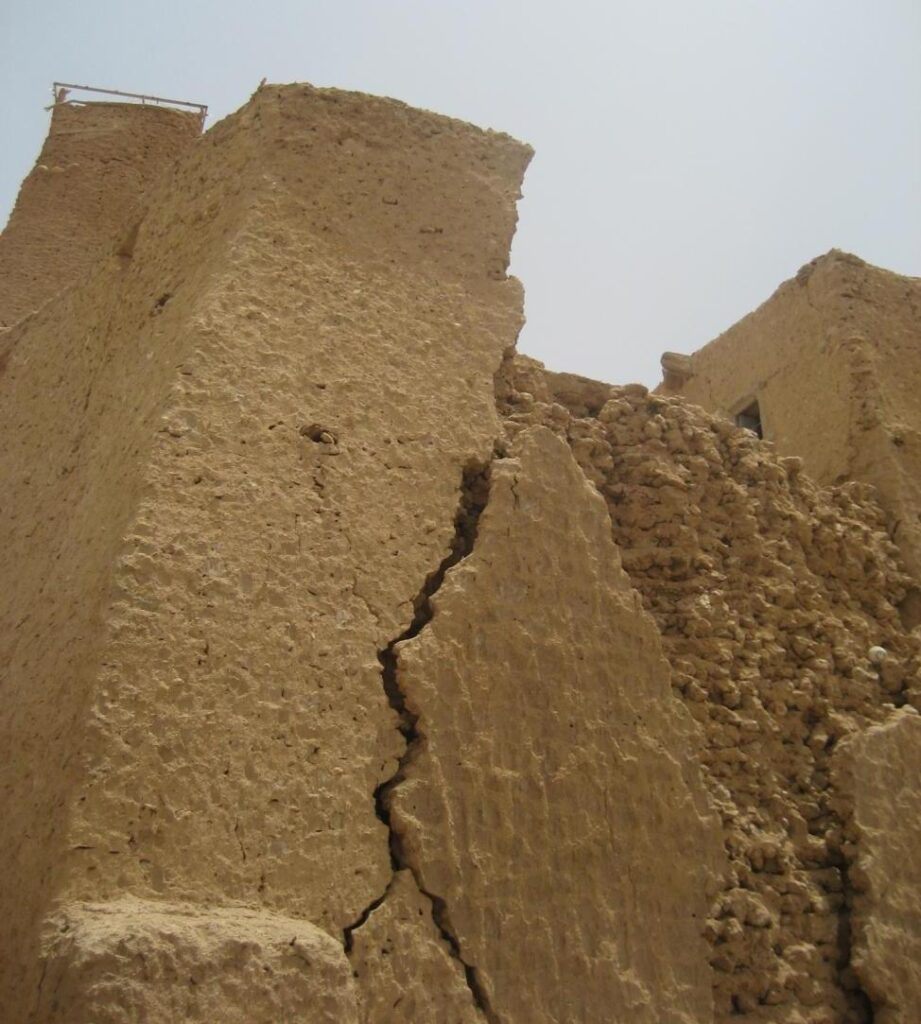
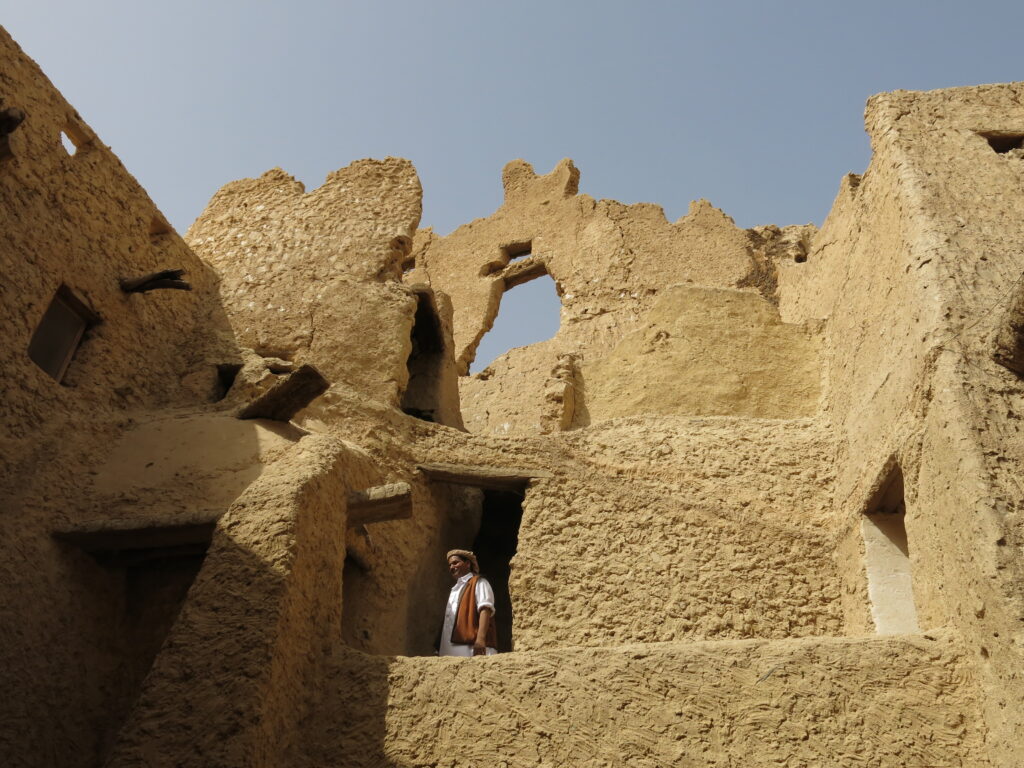
COMMUNITY ENGAGEMENT
In 1999, under the Siwa Sustainable Development Initiative umbrella, the Siwa Women’s Artisanship Development Programme was conceived to revive the art of Siwi embroidery, as well as help Siwi women acquire some financial independence. Ms. Laila Neamatalla implemented a major on-the-job training programme for the women of the oasis to improve their embroidery skills. The women who participated in this programme became entrepreneurs in their own right, whose handmade products and designs are now sold in Egypt and all over the world under the name of Siwa Creations.
Ms. Neamatalla and her team were also involved in improving the handicrafts sector during the final stages of the Revival of the Egyptian Museum Initiative. Some 90 established artisans across the country participated in an improvement scheme for a variety of traditional Egyptian crafts, representing the country’s diverse heritage. The output of these artisans is sold under the recently created Udjat label.
Other components of the initiative directly benefit the women of Siwa. A Mother and Child Health Centre was built with the community, in traditional style, to provide maternal and neo-natal medical services. Special training on family planning was administered under the supervision of UNFPA. The facility, which is a two-floor building, also includes an educational facility for young adults seeking to improve their language and IT skills.
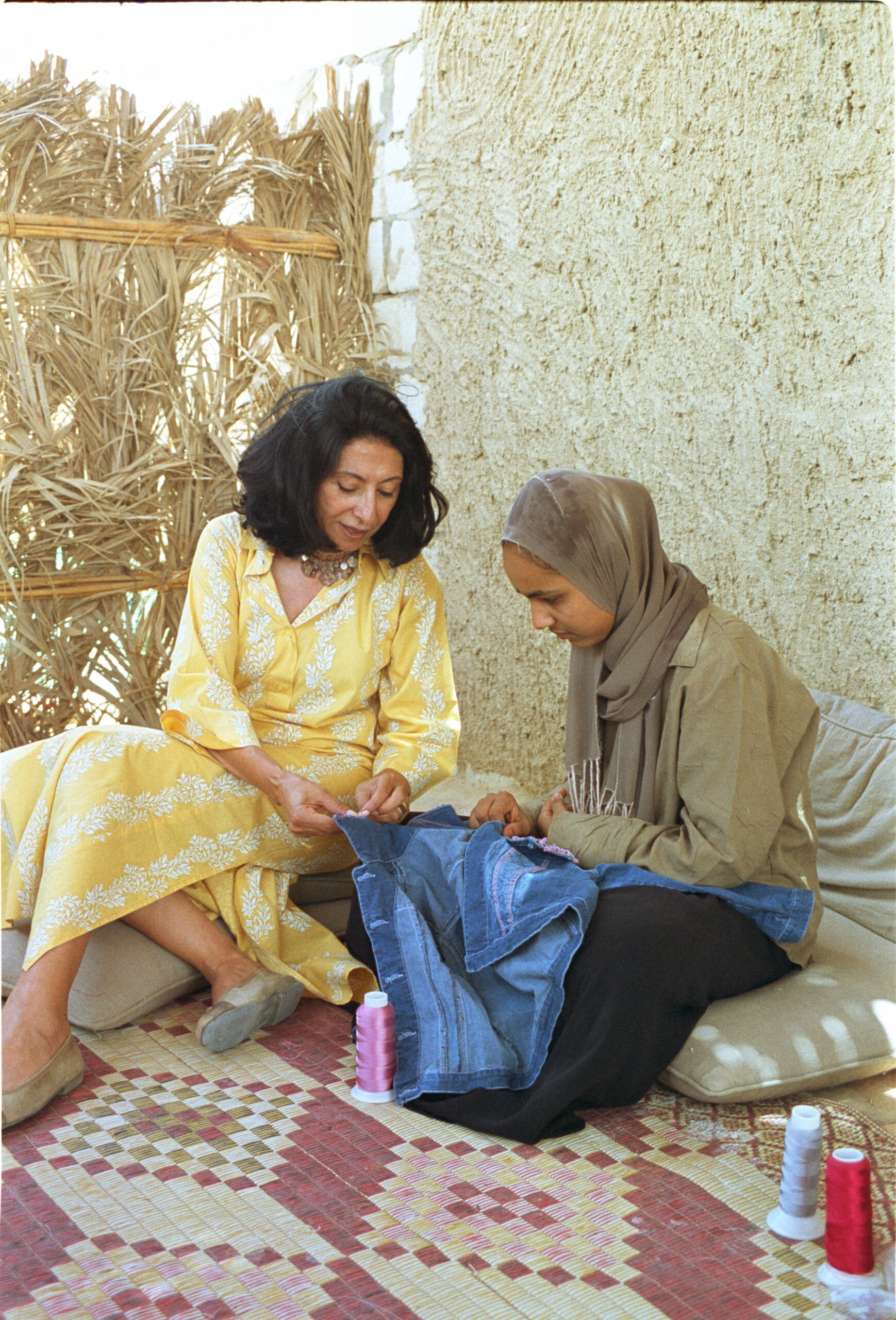
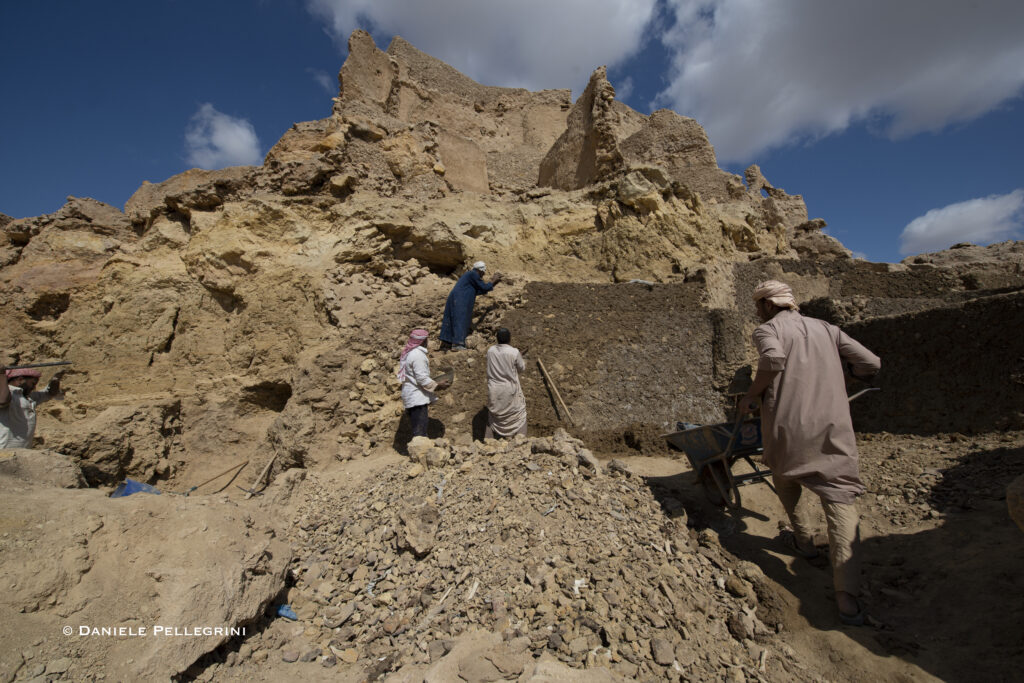
Through the construction, maintenance, and operation of its hospitality and food production facilities, EQI is a major employer in the oasis. Combined with the activities in the handicrafts sector (embroidery, home/decorations accessories), the firm is seen as a positive force for the upgrading of the community’s environment and livelihoods.
